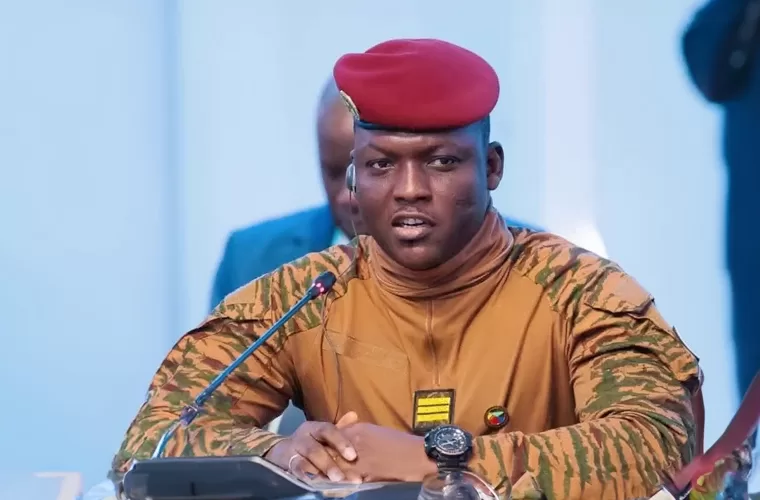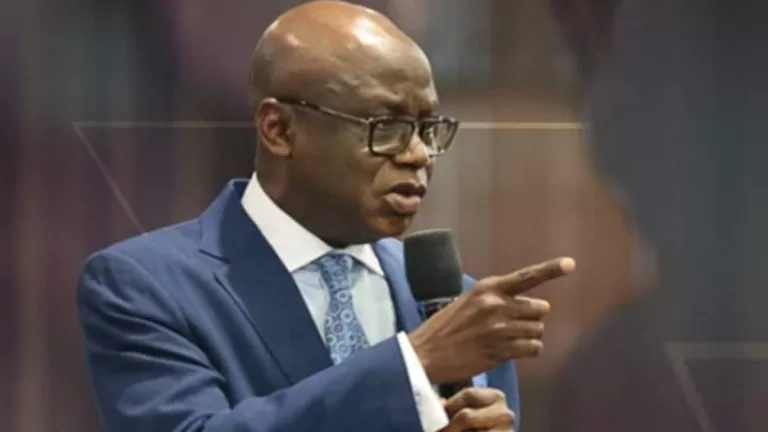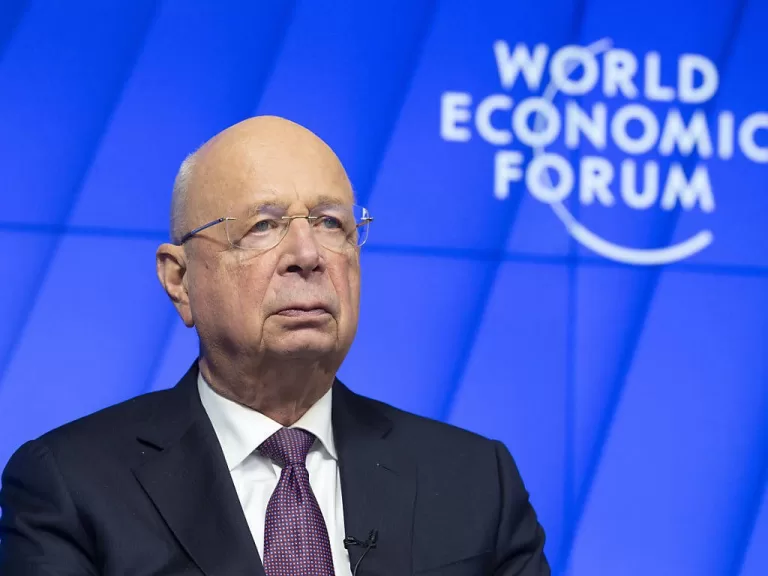
Burkina Faso’s President, Captain Ibrahim Traoré, has made headlines by declaring the West African nation a tax-free economy—a radical move aimed at asserting economic independence and strengthening national sovereignty.
Speaking in the wake of mounting Western pressure and internal dissent, Traoré emphasized that Burkina Faso possesses the resources and resolve to grow its economy without foreign loans or dependency. “We have what it takes to grow our economy without loans,” he declared, urging fellow African leaders to reject neocolonial economic frameworks.
Traoré’s announcement follows a series of sweeping reforms under his leadership, including the abolition of school fees from primary to tertiary levels—making education completely free nationwide. These initiatives have bolstered his image as a new-generation Pan-Africanist leader determined to rewrite the script of African governance.
The bold reforms have, however, sparked backlash. Protests erupted among Burkinabé citizens living in France, who labeled the president a dictator and called for his resignation. This coincides with increasing international scrutiny, particularly from the United States and France. Reports claim that AFRICOM commander Gen. Michael Langley has accused Traoré of using Burkina Faso’s gold reserves to entrench his power—a claim Traoré’s supporters reject as an extension of Western interference.
With more than 18 reported assassination attempts since taking office, the young leader remains defiant. His administration has initiated a $253 million dry port project aimed at positioning Burkina Faso as a regional trade hub—an ambitious plan that has already secured 40% of the needed funding.
“Burkina Faso’s youth make up over 65% of the population. They don’t need handouts—they need opportunity,” Traoré said in a recent speech, emphasizing job creation and national dignity as top priorities.
Support for Traoré is swelling across Africa, with many citing his policies as reminiscent of the late Thomas Sankara’s revolutionary leadership. On social media and across Pan-African platforms, activists and thought leaders rally behind him, calling for his protection amid geopolitical threats.
Critics accuse Western powers of attempting to destabilize Burkina Faso to regain control of its resources and suppress a rising model of African self-determination. “When they don’t like you, it means you’re doing right by your people,” one supporter noted online.
As Burkina Faso reclaims its economic agency, the continent watches closely. Whether Traoré’s experiment succeeds or falters may shape the future of Africa’s post-colonial struggle.





